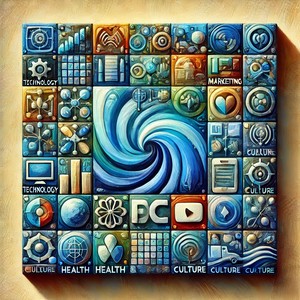What is microbiology
What is microbiology.Microbiology is the study of all types of living things that are too tiny to be seen with the naked eye. In addition to bacteria, archaea, viruses, fungi, prions, protozoa, and algae, this includes bacteria, archaea, viruses, fungi, prions, and protozoa. These bacteria are essential for biotechnology, biodegradation/biodeterioration, food spoilage, climate variability, disease causation and control, and nutrient cycling. Microbes are useful in a variety of processes, including the creation of biofuels, the production of life-saving medications, the removal of pollutants, and the production/processing of food and beverages. Microbiologists are the one who study the microbes and most of the discoveries that have underpinned society are the result of the research carried out by the microbiologist. Famous microbiologists like Jenner, who developed a vaccine against smallpox, Fleming, who discovered penicillin, and the discoveries of Marshall and zur Hausen, who linked Helicobacter pylori infections to stomach ulcers and cervical cancer, contributed substantially to the development of modern society. Many microbes are exceptional among living things in their capacity to break down complex macromolecules in materials like wood or use gaseous nitrogen from the air for their nutritional needs. Scientists are attempting to create microbes that will process garbage, fertilise agricultural land, generate useful biomolecules, and solve other problems affordably and safely by altering the genes that govern these and other processes. Careers in microbiology can be found in a variety of areas, such as public health, resource management, fundamental research, education, pharmaceuticals, and industrial, agricultural, environmental, food, and food-related microbiology. https://pcweb.info/importance-of-microbiology-in-nursing/?lang=en

